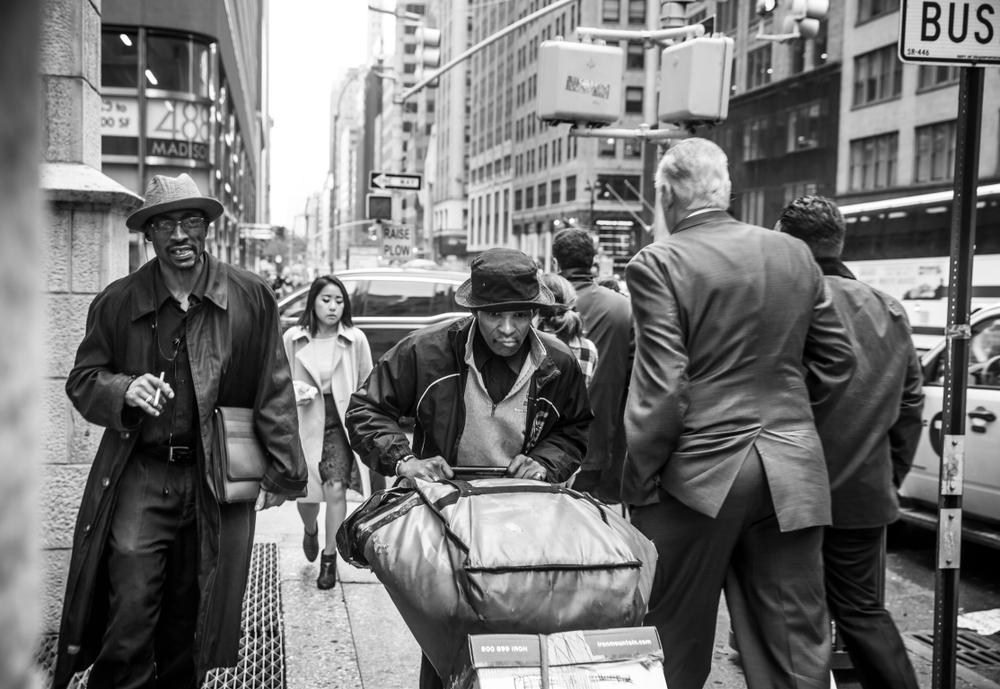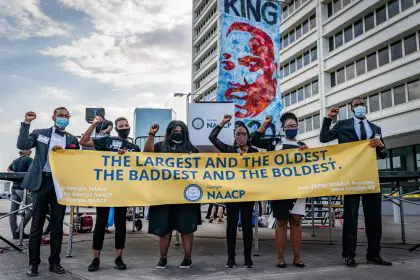New York’s history as a progressive state is often celebrated, but a deeper look reveals a complex legacy intertwined with slavery and its prolonged effects through the prison system. While New York was one of the early states to end slavery in 1827, it was also one of the last Northern states to do so, trailing behind others except for New Jersey.
Harriet Tubman’s final years in New York are well-noted, symbolizing the state’s role in abolitionist movements. However, the state’s historical narrative often omits its slow progress in ending slavery and its subsequent shift towards using prison labor as a continuation of forced labor practices.
Prisons come to slavery’s rescue
The establishment of institutions like Auburn Prison in 1816 marked the beginning of a sinister legacy where incarceration became a new form of enslavement. Auburn’s deputy warden, John C. Cray, innovated the prison labor system to make it a source of profit, influencing the national approach towards prison labor.
This system was not just about punishment; it was a calculated move to sustain economic growth on the backs of incarcerated individuals, many of whom were imprisoned for minor offenses, reflecting a disparity in justice that favored the wealthy.
The 13th Amendment and its loopholes
The 13th Amendment, ratified by New York amidst the Civil War, famously abolished slavery but with a significant exception: it allowed involuntary servitude as a punishment for crime, laying the groundwork for the prison labor system that persists today.
Modern-day prison labor includes dangerous tasks like firefighting and toxic waste removal, often without proper training or safety measures, reflecting ongoing exploitation under the guise of correction and rehabilitation.
New York’s role in this system is a stark reminder of the complexities of American democracy and the ongoing struggle for true liberation and justice.
As we reflect on the state’s history, it’s crucial to acknowledge the full scope of its legacy, from its role in early American commerce to its involvement in the prison industrial complex, and recognize the work that still lies ahead in achieving genuine equality and justice.
















